June 21, 2023
Embrace the chaos: the office must find a new purpose, conference concludes
What is the purpose of the office? That was the central question at this year’s British Council for Offices (BCO) conference which took place in Dublin. A big ask.
Nonetheless, the speakers and delegates that arrived in Dublin were up for the task. In the opening address, BCO senior VP & conference chair Despina Katsikakis promised delegates the conference would explore and untangle the intricate elements of the ecosystem that must seamlessly merge tech-led work, play and… well, survival. The focus of the two-day event (or three for those who like golf) was to devise strategies to design, build and manage vibrant and inspiring workplaces that foster the wellbeing and advancement of the individuals and communities they serve, all while promoting social, economic, and environmental sustainability.
As one would perhaps expect from a BCO conference, several speakers made a case for the office, including Davina Saint, director of the Irish National Assets Management Agency. Nobody relates naturally with screens or virtual protocols, she said, so we need to embrace the idea of social capital: “It makes organisations go around,” she said. “It’s the electricity in the machine. The shift to remote working has dented social capital. There’s less connection and more isolation. Productivity and innovation have also taken a dive.”
“I believe strongly in the office,” said Niall Gaffney, CEO of Ireland’s largest office landlord IPUT, during the developer’s panel. Fellow panellist Kevin Nowlan, senior advisor to Hibernia Real Estate Group, agreed: “Culture and life comes from people being and working together.” The workplace will play a key role in reinventing cities, they chimed in unison. Why? “Because the office is where the magic and inspiration happen,” Saint said. “It’s where the social heart of an organisation can beat.”
[perfectpullquote align=”right” bordertop=”false” cite=”” link=”” color=”” class=”” size=””]As the audience were reminded throughout the conference, many people meet their partners at work[/perfectpullquote]
But it goes beyond business. As the audience were reminded throughout the conference, many people meet their partners at work. If marriages are born out of proximity rather than heaven, perhaps that means there will be fewer weddings, fewer children. That musing may well prompt a shrug in response but it’s worth noting there’s already a dwindling workforce. Yes, borders are clamping shut, but it may also be because people aren’t having children as often as they used to. Last year, the Financial Times, citing Office for National Statistics data, revealed that the “natural population of the UK will begin to decline by the middle of the decade, leaving the country dependent on migration to increase the working-age population”. But freedom of movement is not so free anymore. Dublin, we have a problem.
Stupid cupid
While it might not be up to workplace professionals to channel their inner cupids, you can bet your bottom dollar the population crisis will be on future BCO conference agendas. Until then, however, there’s a more relatable challenge in play. The industry needs to focus on the role of the office in a rapidly changing world. Bill Hughes, global head of real assets at Legal & General Investment Management, looked at the old and new definitions of an office. The traditional definition is “a room or set of rooms in which business, professional duties, clerical work are carried out”. Today, it’s where important face-to-face interactions and teamwork happens. It’s where culture is built. “It’s where knowledge transfer and learning through osmosis occurs,” Hughes said. “It’s about energy and having fun.”
[perfectpullquote align=”right” bordertop=”false” cite=”” link=”” color=”” class=”” size=””]The future of the world of work is an obsession for bosses[/perfectpullquote]
“The future of the world of work is an obsession for my bosses,” the BBC journalist Simon Jack said, during the ‘business of politics’ discussion. “Because it “affects the lives and livelihoods of our audience.” And that’s perhaps why there’s so much focus on the employee experience. Billions have been spent on the customer experience. Many of the speakers stressed that it’s time we do the same with the employee experience.
In a session on the purpose of place, Andy McBain, head of future of workspace & design at NatWest, shared that the bank’s workplace strategy focuses on experience, events and an element of experimentation. But experience can’t be a fluffy add-on, he suggested. It must be measured and tracked if it’s to evolve and deliver ultimate impact. To that end, McBain’s team uses Audiem, an advanced employee feedback analytics tool, that allows heads of real estate not only to get the flagship quantitative scores that they need to track and manage performance but also dive deep into the qualitative data, helping them understand the drivers behind satisfaction at a granular level. “It’s allowing us to develop specific approaches we know directly addresses employee concerns because we can see what they’ve said about it and how it’s affecting them,” said McBain.
Vernon Blunt, head of global workplace operations at Ericsson, and Paul Casey, global real estate EMEA director at IBM, agreed that hybrid is here to stay, though the jury’s out when it comes to the effectiveness of mandates. While employee experience remains the focus, cost-cutting is coming to the fore because for the CFO must be kept as happy as the CPO. It’s a cost and experience juggling exercise. There also seems to be less focus on how to get people back to the office, but more energy going into how to self-organise around the busy days.
These occupiers want and demand more flexibility and shorter leases. Rob Harris of Ramidus Consulting urged that contract and service level agreements need to change to become more flexible, especially for SMEs who he called the “growth engine of the economy”. There’s also a recognition that there might be too much space. Avison Young’s Nick Axford highlighted that one third of office space could be re-used for community initiatives, but the infrastructure isn’t yet there to make this happen. Also calling for a systemic transition was Indy Johar, co-founder of Architecture 00. “Forget about building new workplaces, we need to build a new UK,” he said.
The conference delved into workplace design, management and communication principles that foster culture, health and wellness, and collaboration. During various sessions, speakers and attendees examined the strategies employed by occupiers in their quest to navigate the challenges of the present and forge a path towards a better future. We have a long way to go on that front, but the will is there.

Jo Sutherland is Managing Director of Magenta Associates.











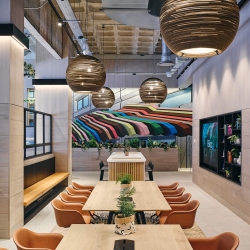


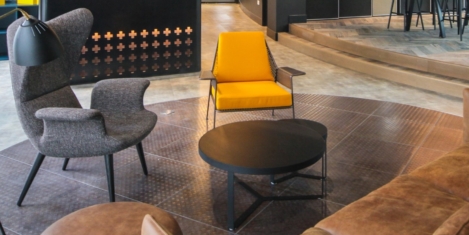
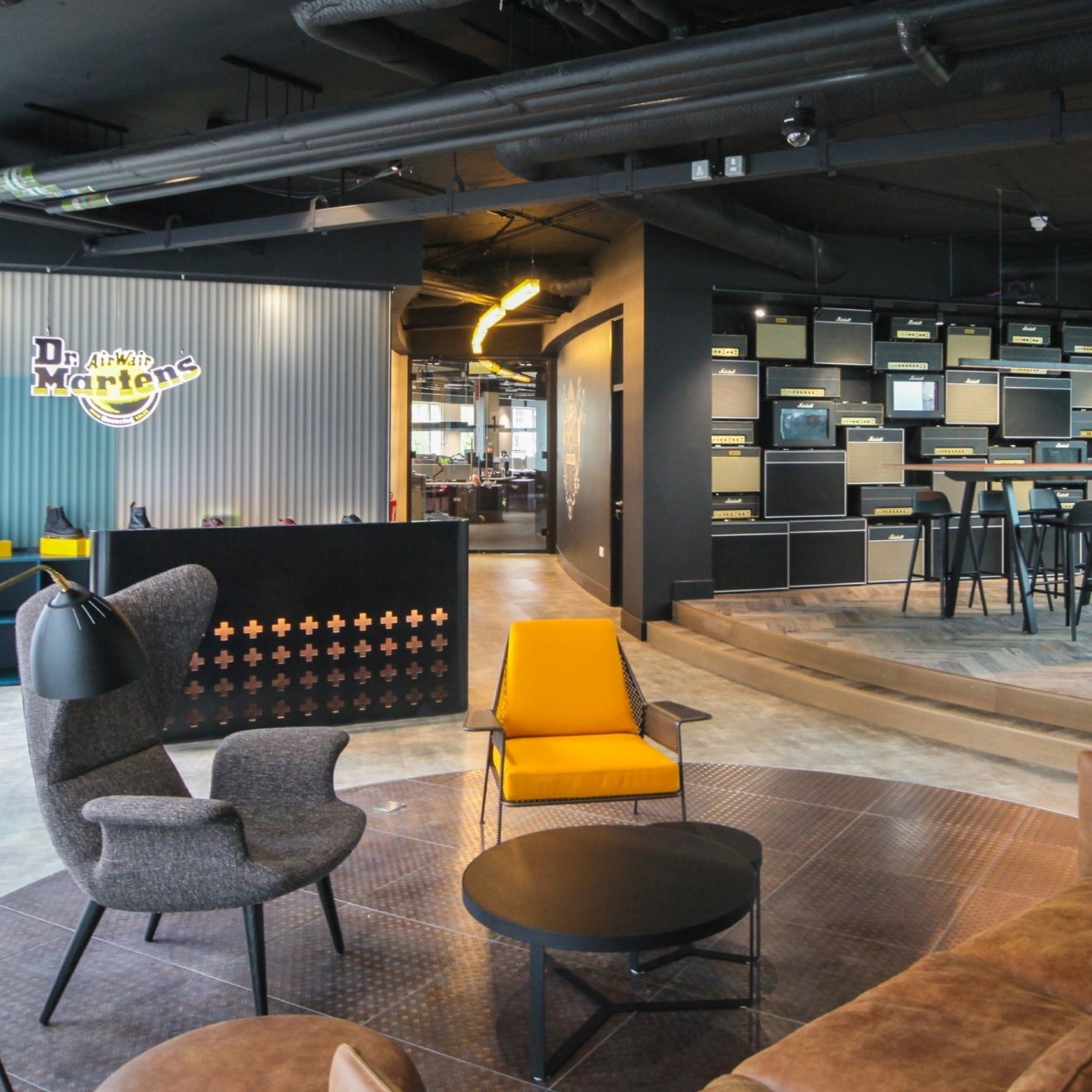




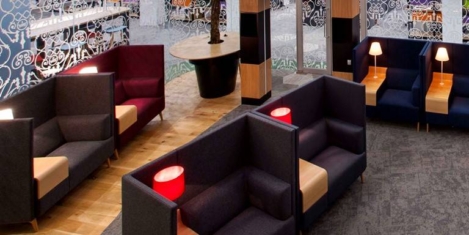
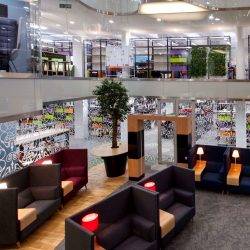
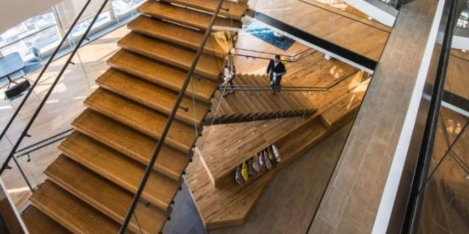
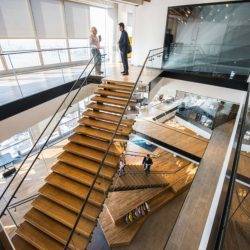



















July 12, 2023
Generations in the workplace: setting the record straight
by Jo Sutherland • Comment, Workplace